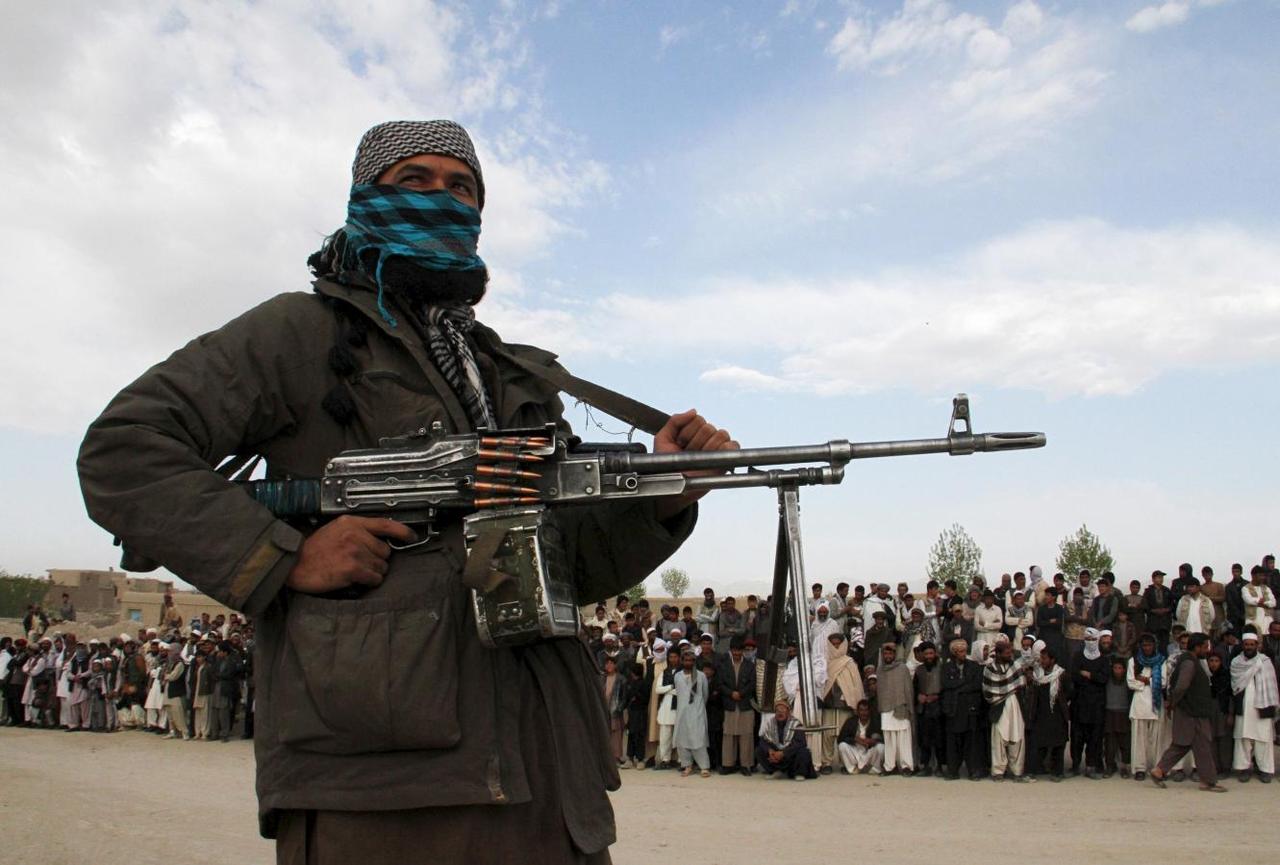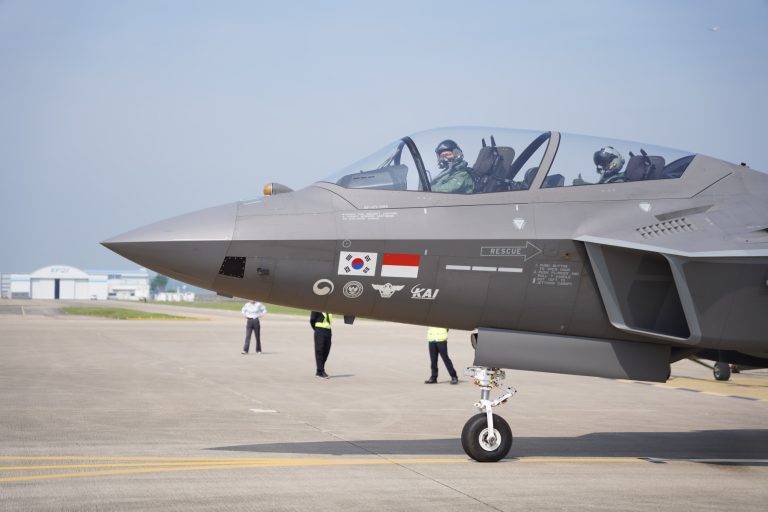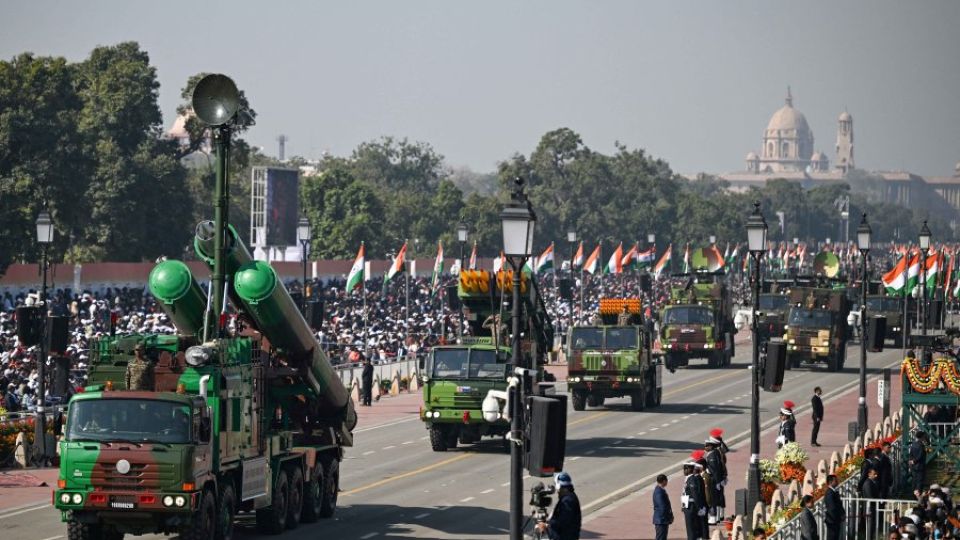TTP has officially called off its ceasefire, and with that, there has been a further upsurge in their terror activities. The outlawed terror group is turning out to be a new internal security issue that Pakistan is finding hard to grapple with. Once neutralised to a great extent by the military operations, the organization has once again reared its ugly head.
Since 2020, there has been a conspicuous uptick in the terrorist activities of TTP, especially after the ascendance of the Afghan Taliban to power in Afghanistan. In order to reach a permanent political solution, the state went into the negotiations with TTP in October 2021 under the auspices of the Afghan Taliban as mediators.
The dialogue that seemed promising to bring peace in the country remained locked in a stalemate, marred by clashing demands of the both sides. Despite the ceasefire announced earlier this year, there were sporadic terrorist activities by TTP, as from January to mid-November this year, the group has been involved in seventy attacks which resulted in 105 fatalities that included both security forces and civilians.
What makes the scenario more intricate for Pakistan is the inability of the Afghan Taliban to take effective actions against TTP as most of its fighters and leaders reside in Afghanistan. There also seems to be an apparent softness of the Afghan Taliban towards the group given the historical collaboration of the both groups in the resistance against the previous Afghan government and NATO. Also, it cannot be ignored that both the groups possess same ideological mindset, therefore, expecting the Afghan Taliban to go hard on TTP should not be anticipated.
Read More: Ukraine Relinquishing Nuclear Weapons: Lessons for Pakistan
Likewise, internationally isolated Afghanistan, under the Taliban, lacks a proper integrated governance system, its economy is in dire straits, and its society is ravaged due to prolonged war. Which is rendering it a breeding ground for transnational terror organizations that can further challenge Pakistan’s national security.
As last year, Pakistan provided empirical evidence to the Taliban government of Indian sponsorship of ISKP. The evidence even included the exact GPS location of the Indian sponsored ISKP training camps in Afghanistan, however, there were no genuine efforts witnessed from the Taliban side to curb such elements.
The recent attack on the Pakistan’s mission in Kabul by Islamic State Khorasan (ISKP) lends credence to the fact that terror threats towards Pakistan emanating from Afghanistan have now increased. These can further multiply since there seems an ever increasing possibility of an entente among various organizations, such as TTP, ISKP and AQIS.
Such a landscape of Afghanistan also offers India an opportunity to intensify its terror ventures against Pakistan. Concomitantly, it can also flare up ethno-nationalist terrorism in Pakistan, as recent Indian funded BLA, BLF attacks in Kech, Panjgur and Mand (Balochistan) are evident.
Without even making any narrow assertion, it can be observed that post-withdrawal instable Afghanistan is brewing a regional conflict by providing a base to terror organizations. The Afghan Taliban, who ironically, themselves were a terror organization, without a proper counter terrorism structure, cannot be expected to devise a strategy that would curtail terror groups operating from their land.
Read More: Analyzing Gen Asim Munir’s Security Challenges
After American hurried withdrawal from Afghanistan, whatever happened to Pakistan, is clear to all and sundry. The security and economic ramifications that Pakistan has started to experience are likely to become worse in the coming days.
With its poor performing economy and absence of the US military support, countering TTP and other terror groups through large scale military operations seems unfeasible for Pakistan. Despite such constraints, even if Pakistan decides to go for large scale military operations in Pakistan to deal with TTP and other groups, the root cause would always be Afghanistan.
In this way, the only solution to the situation remains a stable Afghanistan, as this would ensure a stable government and society that would not let the country become a terrorism hub.
For this, Pakistan should distance itself from the unconditional support of the Taliban, and jump on the international bandwagon to pressure the Afghan Taliban for domestic political integration. The regional and international actors should also be made to gradually mainstream Afghanistan into the international community.
Policymakers in Islamabad must acknowledge the fact that peace in Pakistan can never be ensured while Afghanistan is unstable, ruled by a government that has undemocratically grabbed power and does not enjoy popular support among masses.
About Author
Moneeb Mir is a researcher at Centre for International Strategic Studies, Azad Jammu and Kashmir (CISS, AJK)
- Global Defense Insighthttps://defensetalks.com/author/umair/
- Global Defense Insighthttps://defensetalks.com/author/umair/
- Global Defense Insighthttps://defensetalks.com/author/umair/
- Global Defense Insighthttps://defensetalks.com/author/umair/













